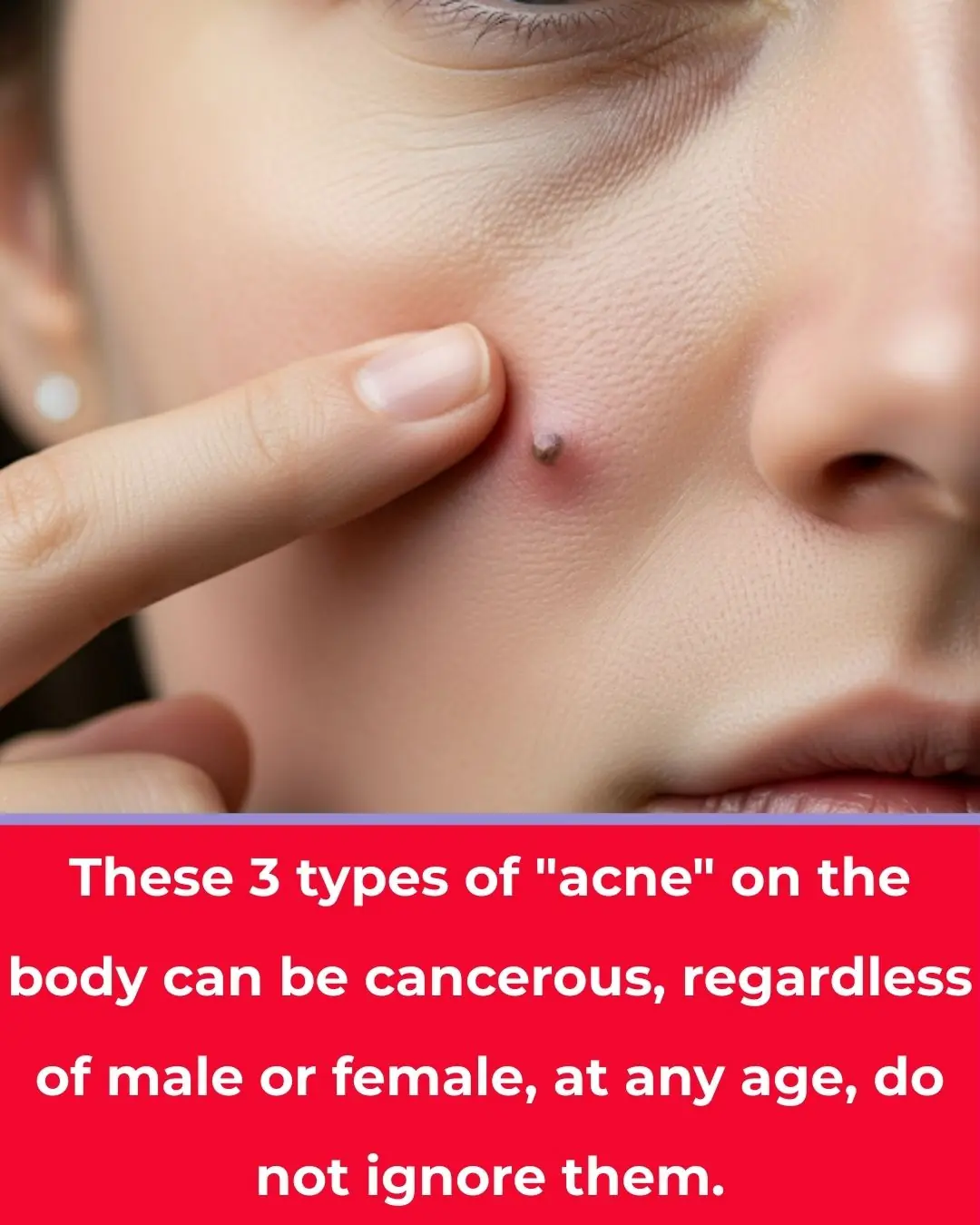
Top Signs of Iron Deficiency and How To Increase Iron Levels In Your Blood
🩸 Understanding Iron Deficiency: Symptoms, Causes, and Natural Solutions
Iron is a vital mineral that plays a central role in transporting oxygen throughout the body. When your iron levels drop too low, your body struggles to produce enough hemoglobin — the protein in red blood cells that carries oxygen. This can lead to iron deficiency anemia, a condition that affects energy levels, cognitive function, and overall health.
Let’s explore how to recognize the signs of iron deficiency, understand its causes, and learn how to naturally boost iron levels through diet and lifestyle.
⚠️ Common Symptoms of Iron Deficiency
Iron deficiency can be subtle at first, but as it progresses, symptoms become more noticeable. According to the Mayo Clinic, signs include:
-
Persistent fatigue and weakness
-
Pale or sallow skin
-
Shortness of breath, even with mild exertion
-
Rapid heartbeat or palpitations
-
Cold hands and feet
-
Brittle nails and hair loss
-
Headaches or dizziness
-
Poor appetite (especially in children)
-
Inflammation or soreness of the tongue
Many people mistake these symptoms for stress or lack of sleep. If you suspect iron deficiency, a blood test can confirm your iron levels and rule out other underlying conditions.
🔍 What Causes Iron Deficiency?
Iron deficiency can result from several factors, including:
-
Inadequate dietary intake: Not consuming enough iron-rich foods, especially in vegetarian or vegan diets.
-
Heavy menstrual bleeding: Women with prolonged or intense periods lose more red blood cells than the body can replenish.
-
Pregnancy: Increased blood volume and fetal development demand more iron.
-
Internal bleeding: Conditions like stomach ulcers, colon polyps, or gastrointestinal cancers can cause chronic blood loss.
-
Poor absorption: Diseases like celiac, Crohn’s, or chronic inflammation can impair iron absorption.
-
Medication side effects: Long-term use of NSAIDs (e.g., ibuprofen) may damage the stomach lining and lead to bleeding.
📊 Recommended Daily Iron Intake
The National Institutes of Health recommends the following daily iron intake:
| Group | Recommended Iron (mg/day) |
|---|---|
| Infants (7–12 months) | 11 mg |
| Children (1–13 years) | 7–10 mg |
| Women (14–50 years) | 15–18 mg |
| Pregnant women | 27 mg |
| Men (14–50 years) | 8–11 mg |
| Adults (50+ years) | 8 mg |
🥦 How to Improve Iron Absorption
Even if you eat iron-rich foods, your body may not absorb enough. Here’s how to enhance absorption:
-
Pair iron with vitamin C: Foods like bell peppers, citrus fruits, and broccoli boost iron uptake.
-
Avoid calcium-rich foods during iron meals: Dairy, spinach, and eggs can inhibit absorption.
-
Limit coffee, tea, and chocolate: These contain polyphenols that block iron absorption.
-
Cook with cast iron cookware: It can increase the iron content of your meals naturally.
🍽️ Best Iron-Rich Foods
Iron comes in two forms:
-
Heme iron (animal-based): Easily absorbed
-
Beef, chicken liver, sardines, clams, mussels, oysters
-
-
Non-heme iron (plant-based): Less bioavailable
-
Lentils, beans, kale, pumpkin seeds, dried apricots, brown rice, nuts, whole grains
-
To maximize non-heme iron absorption, always pair it with a vitamin C source.
🛒 Fortified Foods and Supplements
If dietary changes aren’t enough, consider:
-
Iron-fortified cereals and breads: Especially helpful for vegetarians and children.
-
Iron supplements: Effective but may cause side effects like constipation or nausea. Always consult a doctor before starting.
-
Intermittent supplementation: May reduce side effects but is less effective than daily dosing.
🧠 Don’t Forget Vitamin B12
Iron isn’t the only nutrient linked to anemia. Vitamin B12 is essential for red blood cell production and neurological health. Deficiency can lead to memory issues, nerve damage, and fatigue.
Good sources of B12 include:
-
Beef liver
-
Clams
-
Rainbow trout
-
Fortified cereals
-
Chicken breast
🧘♀️ Lifestyle Tips for Maintaining Healthy Iron Levels
-
Eat a balanced diet with diverse sources of iron.
-
Avoid drinking tea or coffee with meals.
-
Use cast iron pans for cooking.
-
Monitor menstrual health and discuss heavy bleeding with a doctor.
-
Get regular blood tests if you're at risk (e.g., pregnant, vegetarian, frequent blood donor).
News in the same category


🌅 Three Morning Symptoms That Could Be Early Warning Signs of Cancer

Woman shares ’embarrassing’ symptoms she regrets hiding from doctors as she’s diagnosed with incurable cancer

They say the eyes are the windows to the soul — but what about the mind’s eye?

Should You Eat Rice for Breakfast
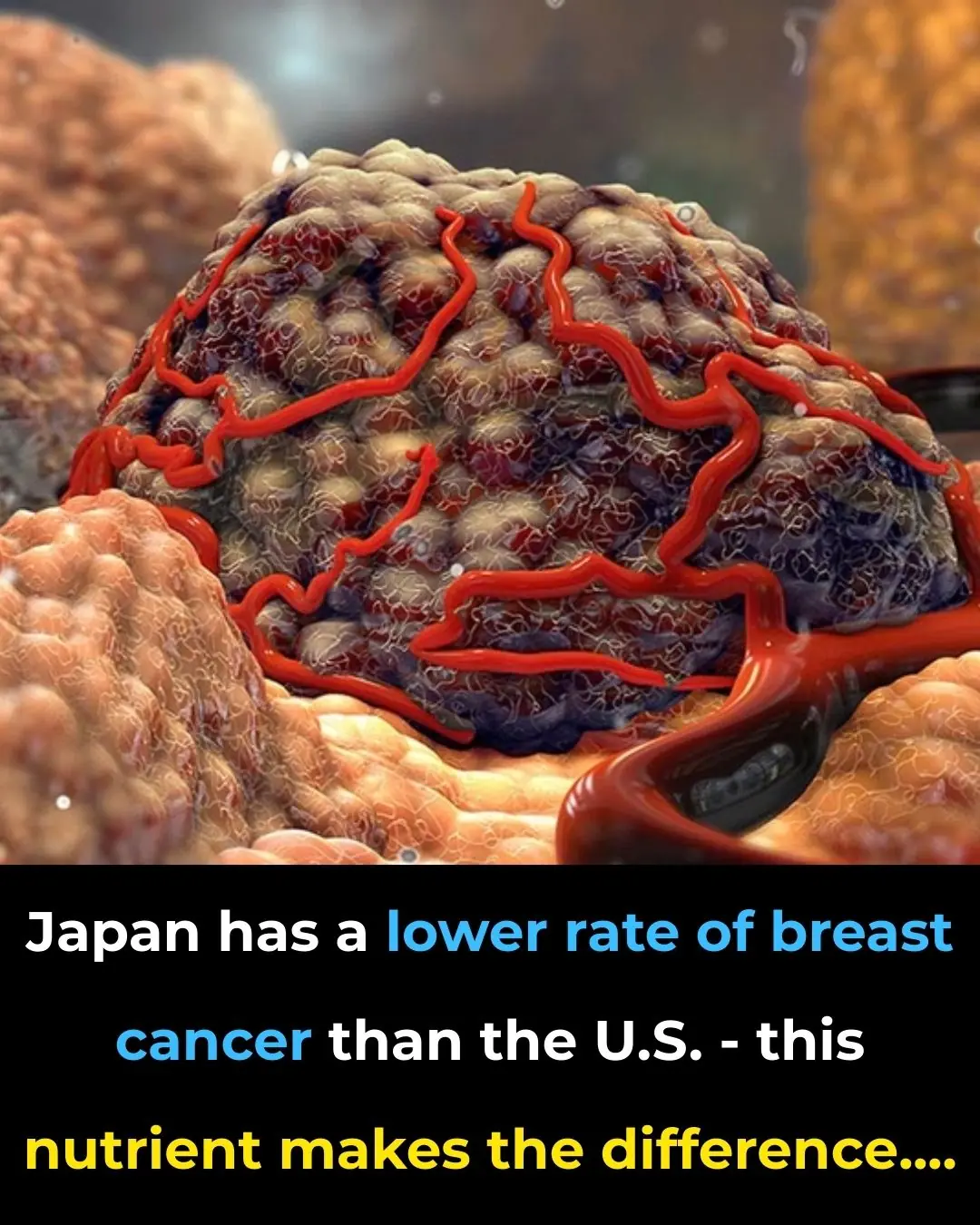
Japan has a Lower Rate of Breast Cancer than the U.S. – This Nutrient Makes the Difference
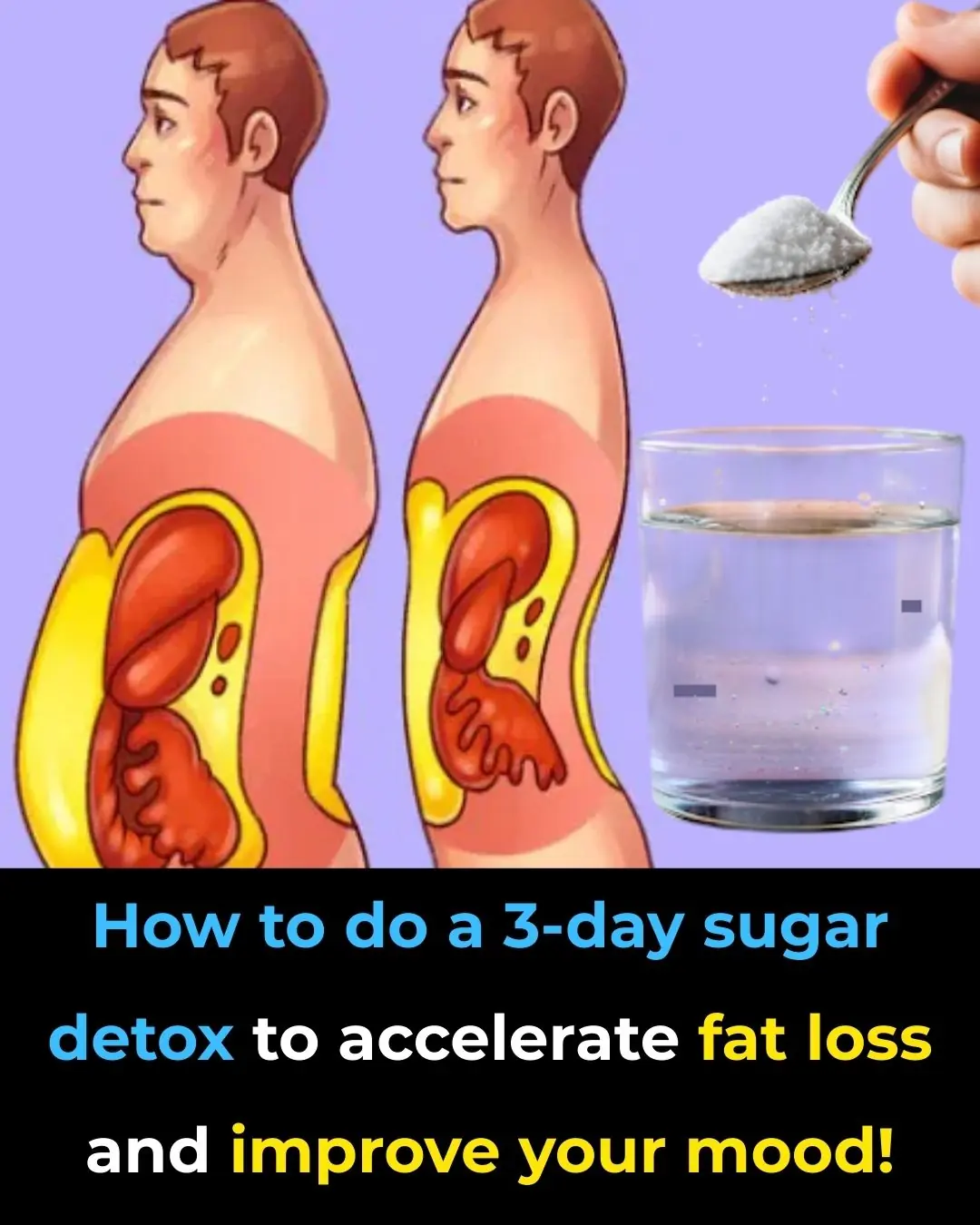
How To Do a 3-Day Sugar Detox to ACCELERATE Fat Loss And Improve Your Mood!
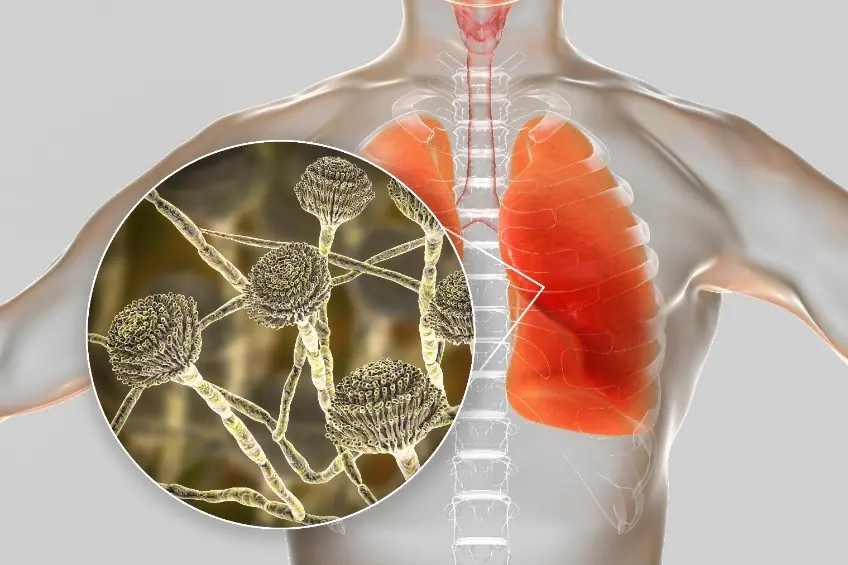
10 Early Warning Signs You're Being Exposed to Mold Toxicity
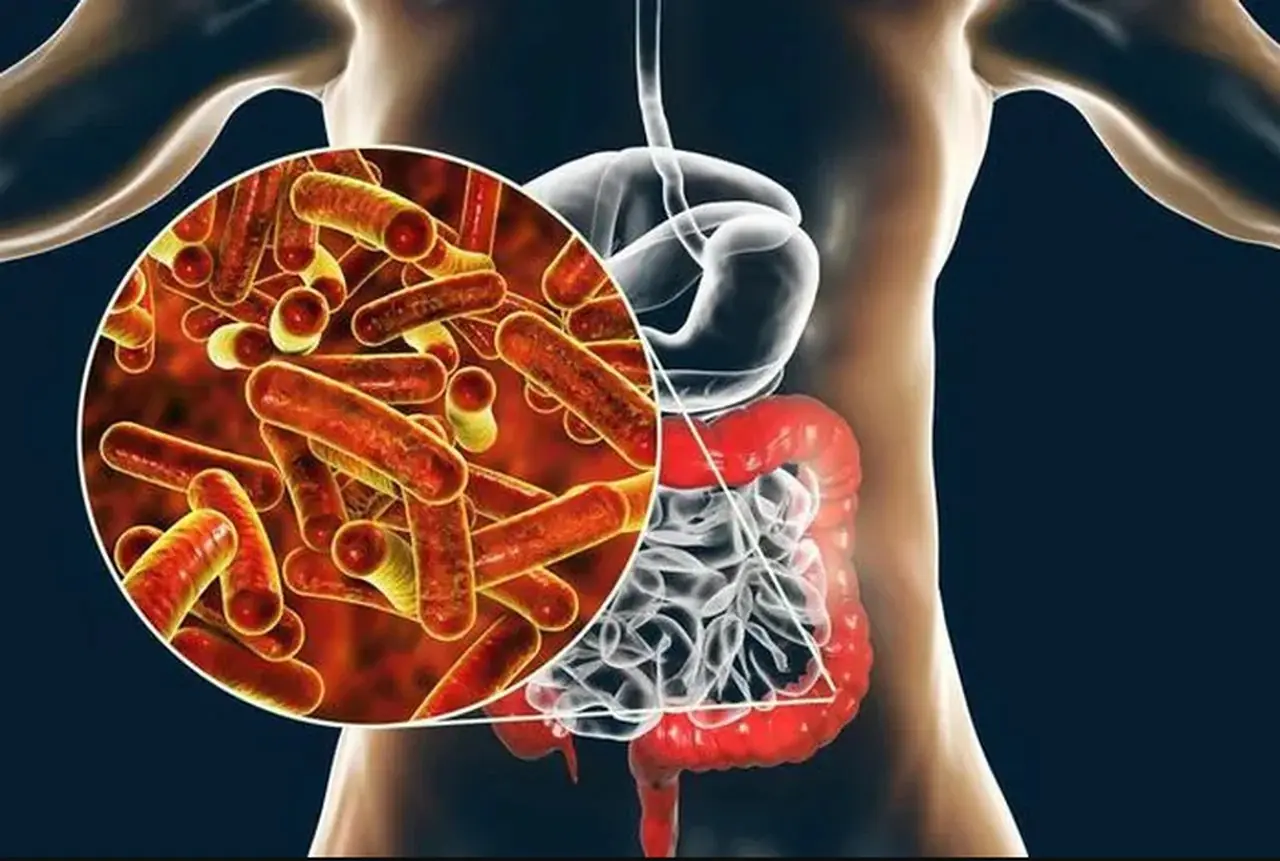
The Ten Foods You Should Start Eating Now to Cleanse Your Colon
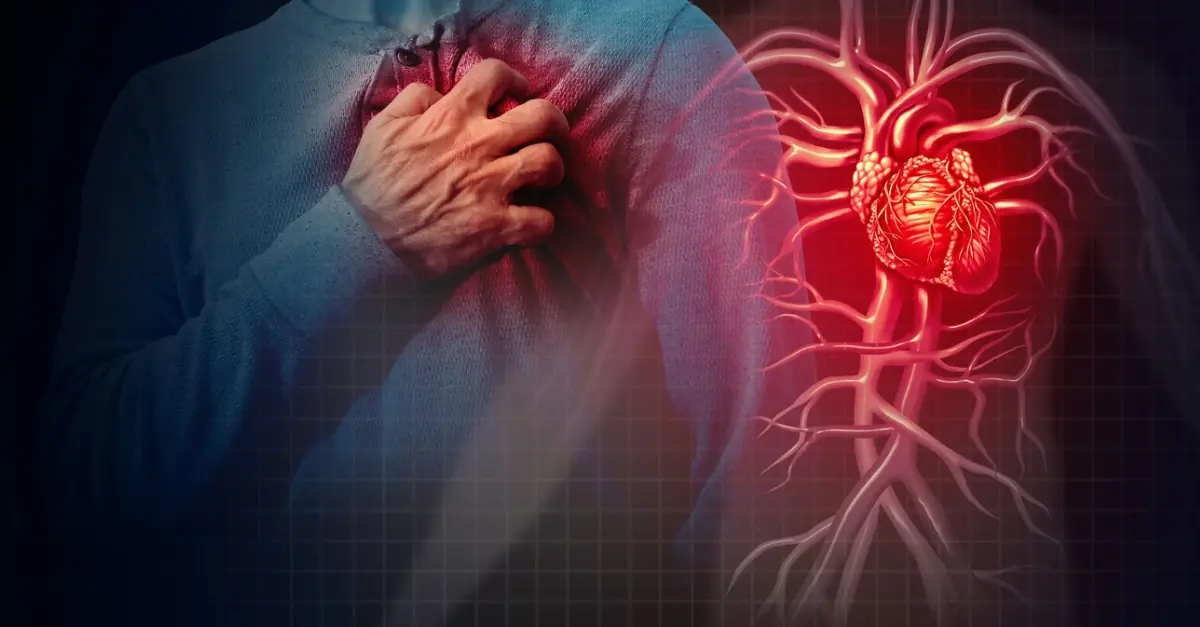
Stop Doing These Habits and Prevent 80% of Heart Attacks
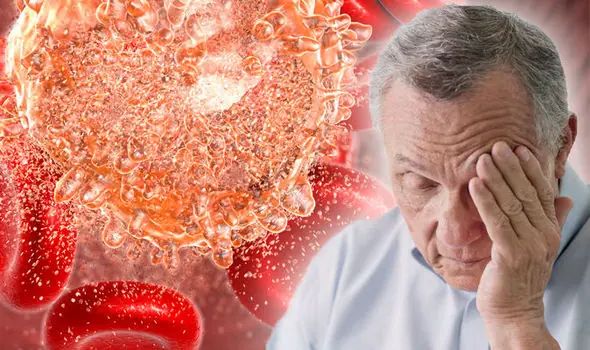
3 Early Morning Symptoms That Could Signal Cancer
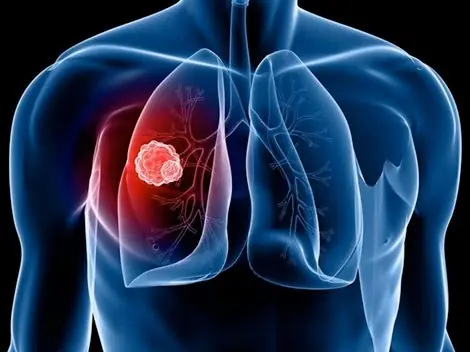
If You Notice These 7 Symptoms, Get Checked for Lung Cancer Immediately
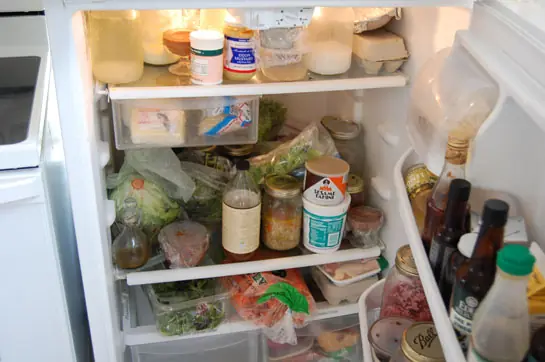
A Man Dies After Eating Leftovers: 5 Foods You Should Never Eat as Leftovers
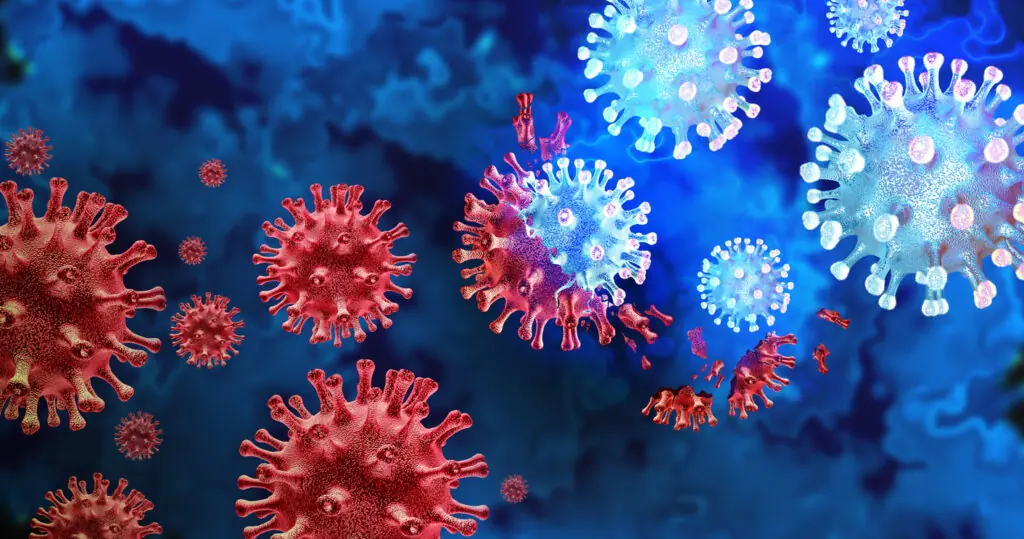
10 Warning Signs of an Autoimmune Disease and How to Reverse It

How to Get Rid of Worms in Humans (Including Parasite Cleanse Diet)

Why You Might Be Waking Up With a Dry Mouth
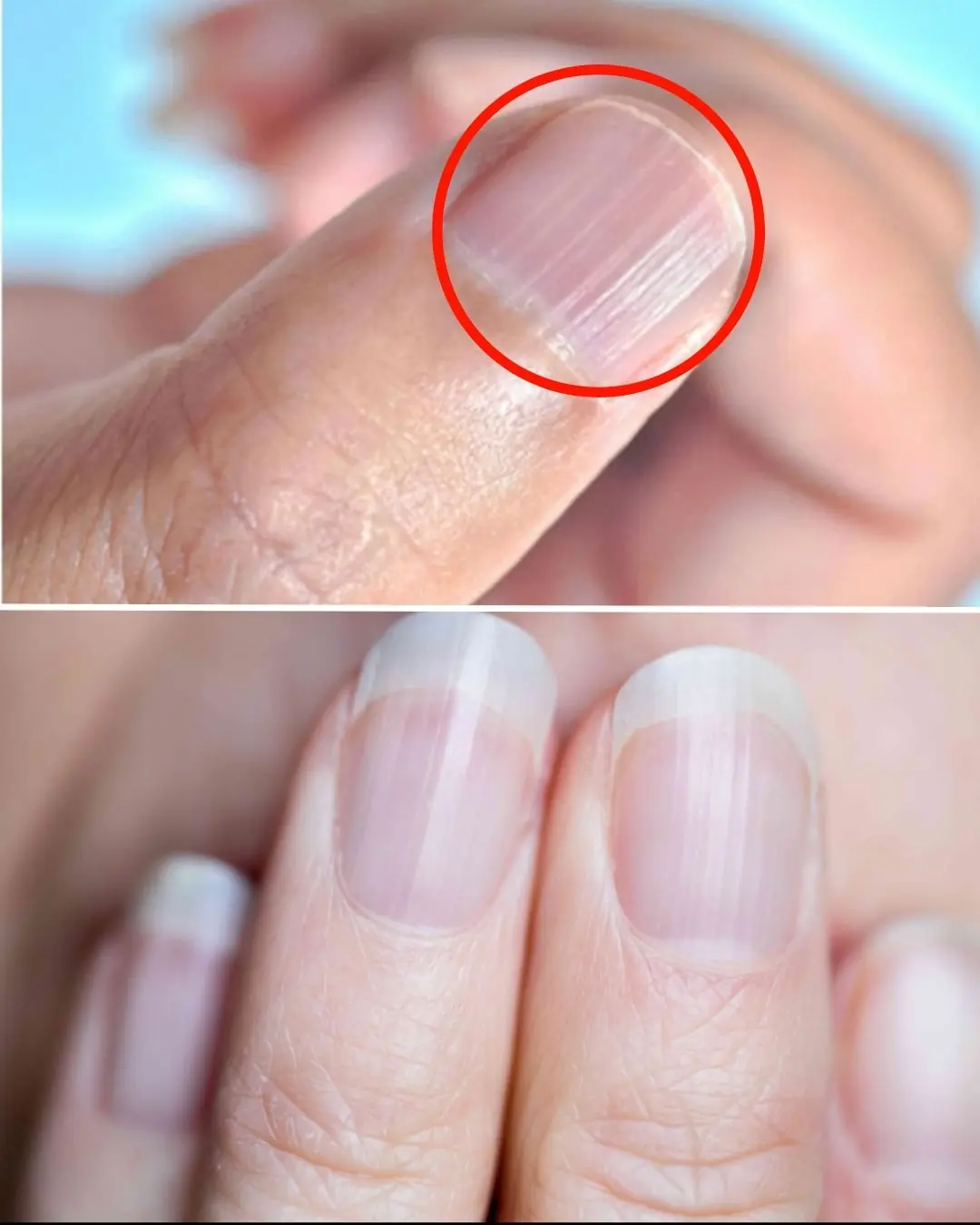
What Do Vertical Nail Ridges Mean After 40

Could OTC Remedies Really Work for Depression?
News Post

Seniors: Take This for 5 Nights and See What Comes Out in Your Stool!

Clove benefits for Skin – Clove Oil, Clove Gel & Clove ice cubes

The Surprising Benefits of Overnight Tea: A Wasteful Habit You Might Not Know About

How to Clean Limescale Off Your Faucet in Just 25 Seconds with a Simple Trick

How to Clean Your Air Conditioner Easily in Just 15 Minutes — No Technician Needed, Even Women Can Do It Effortlessly

How to Keep Your Non-Stick Pan as Good as New for 3 Years: Simple Tips and Tricks

Using Electric Kettles to Boil Water: 9 Out of 10 Households Make This Mistake — Remind Your Loved Ones to Fix It Early

These 3 types of “acne” on the body could be cancerous; whether male or female, no matter the age, don’t ignore them.

Why Some People Can’t Handle Spicy Food

The hidden meaning of thumb rings: what they represent for women vs. men

The Small Hole on the Sink: A Feature You Never Knew You Needed

🌅 Three Morning Symptoms That Could Be Early Warning Signs of Cancer

Woman shares ’embarrassing’ symptoms she regrets hiding from doctors as she’s diagnosed with incurable cancer

Concerned Woman: Beware of Abandoned Prams on Roadsides!
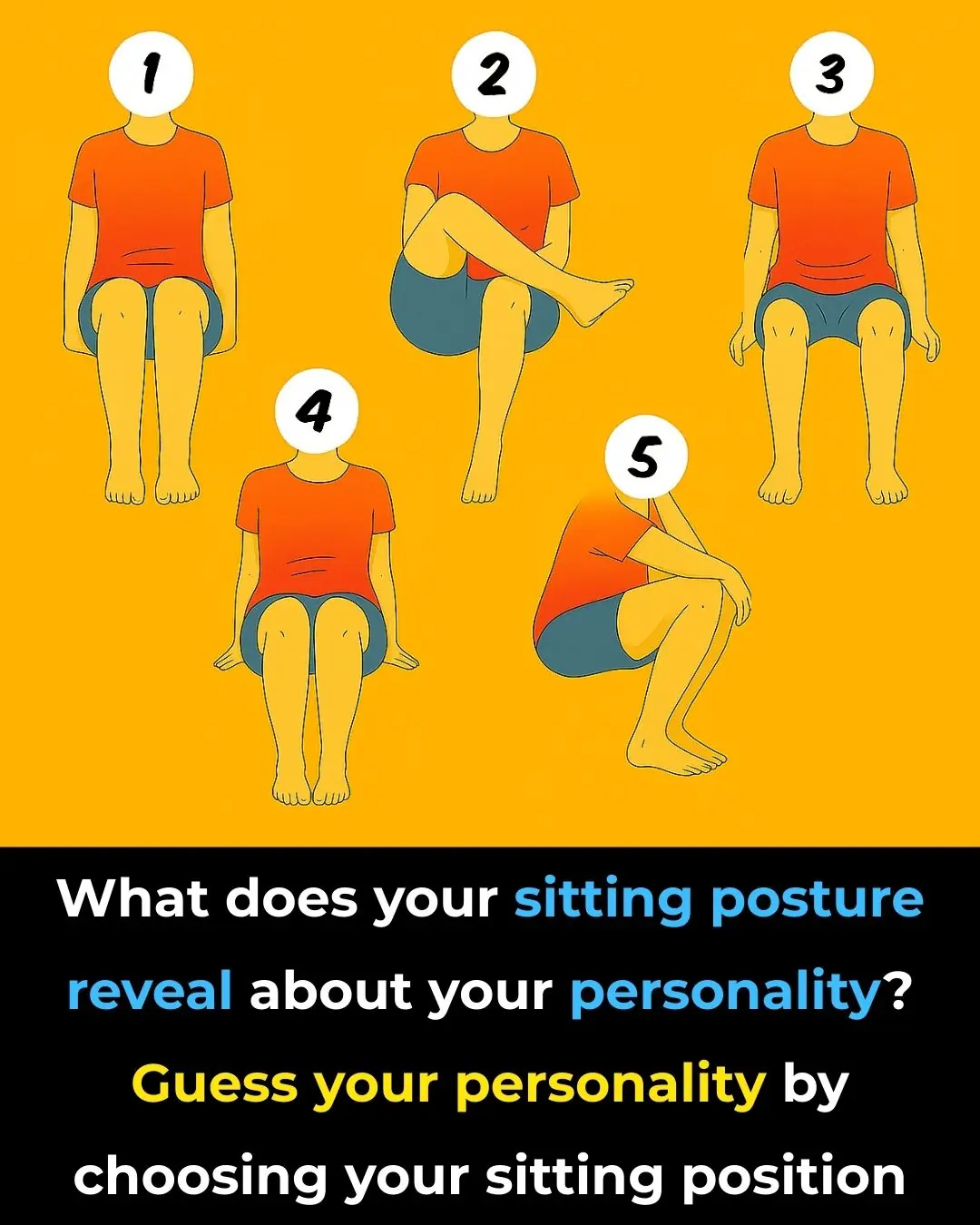
Your Character According to Your Sitting Style

They say the eyes are the windows to the soul — but what about the mind’s eye?

Should You Eat Rice for Breakfast

Japan has a Lower Rate of Breast Cancer than the U.S. – This Nutrient Makes the Difference

How To Do a 3-Day Sugar Detox to ACCELERATE Fat Loss And Improve Your Mood!
